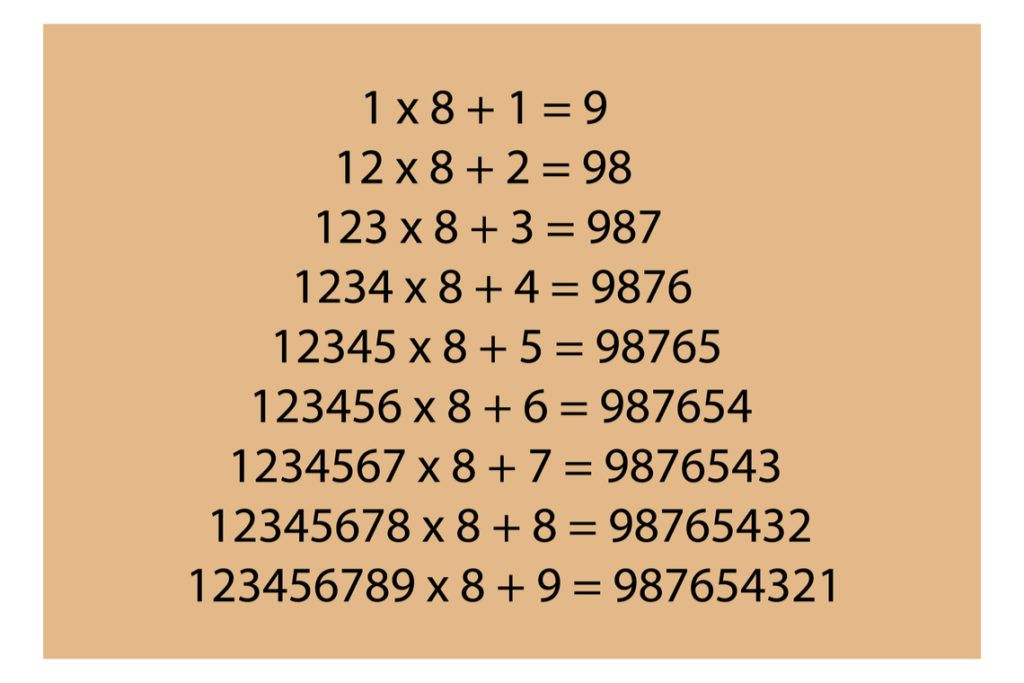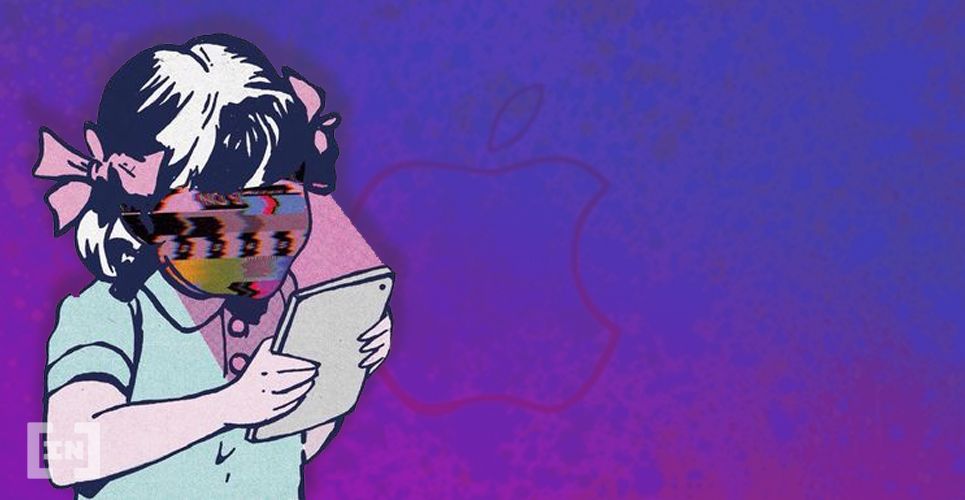In a world of fake news, fake degrees, and nativism with undertones of racism, the presence of intelligent people in positions of power has become all the more important for today’s society.
However, a recent report by the Norwegian Research Institute suggests that the average rise in Intelligence Quotient (IQ) that was observed during the 1970s is now long gone, with IQs dropping significantly as of late.
According to the report, data collected from Norwegian conscripts indicate that IQ scores have been falling at an average of seven points per generation since the 1975 cohort.
Before we can discuss the possible ramifications of the collective ‘dumbing down’ of the human population and the subsequent solutions, it is important to first distinguish the difference between intelligence and IQ:
- Psychologists define intelligence as a character trait that is representative of the individual’s ability to perceive, reason, think abstractly and learn from environment and experience.
- On the other hand, an IQ score is a numerical value derived from a standardized test which helps to assess the degree of intelligence in humans. The score has been used for drafting recruits into the army, as part of selection criteria for jobs and colleges, and for match selection in online dating apps.

Dumb by Design
Currently, it is believed that much of the reason why intelligence is decreasing can be attributed to the flawed education system in place in most countries. Instead of being taught how to think and develop core faculties including abstract reasoning, logic, and information processing, students are instead being forced to memorize — rather than understand — a strict one-size-fits-all curriculum. Additionally, in many instances, students are being taught based on the often flawed belief systems of their educators, rather than encouraging independent research and being taught to flourish as an autodidact. This, unfortunately, leads to less developed minds that are less able to adapt, innovate and succeed in life. But what are the viable alternatives to centralized education systems? The answer may involve the democratization of education using a modern technology known as the blockchain.
Decentralized Education
In simple terms, the democratization of education is about empowering individual choice and allowing the student or learner to choose what they learn, when, and from whom. One way to do this is with the implementation of a blockchain backbone within the general education system — allowing different educators, awarding bodies, and government regulators to add, approve, and disseminate new educational content. Like many blockchains of today, the system could include a decentralized voting system which allows a panel of experts the opportunity to vote up (or down) new educational resource, eventually allowing users to craft a syllabus that suits them best. The blockchain system would also have the dual functionality of tackling credential fraud and fake degrees since this could all be handled on a public or private blockchain ledger. The concept has already been demonstrated with cloud-based technology, which has enabled educators around the world to interact with students on a global scale. At the same time, they are able to get real-time feedback on the relevancy and efficacy of their material — something largely lacking in the public schooling system. What do you think the ramifications of the gradual dulling down of society are? Can decentralized education systems make undo the damage? Let us know your thoughts in the comments!Disclaimer
In adherence to the Trust Project guidelines, BeInCrypto is committed to unbiased, transparent reporting. This news article aims to provide accurate, timely information. However, readers are advised to verify facts independently and consult with a professional before making any decisions based on this content. Please note that our Terms and Conditions, Privacy Policy, and Disclaimers have been updated.

Daniel Phillips
After obtaining a Masters degree in Regenerative Medicine, Daniel pivoted to the frontier field of blockchain technology, where he began to absorb anything and everything he could on the subject. Daniel has been bullish on Bitcoin since before it was cool, and continues to be so despite any evidence to the contrary. Nowadays, Daniel works in the blockchain space full time, as both a copywriter and blockchain marketer.
After obtaining a Masters degree in Regenerative Medicine, Daniel pivoted to the frontier field of blockchain technology, where he began to absorb anything and everything he could on the subject. Daniel has been bullish on Bitcoin since before it was cool, and continues to be so despite any evidence to the contrary. Nowadays, Daniel works in the blockchain space full time, as both a copywriter and blockchain marketer.
READ FULL BIO
Sponsored
Sponsored
